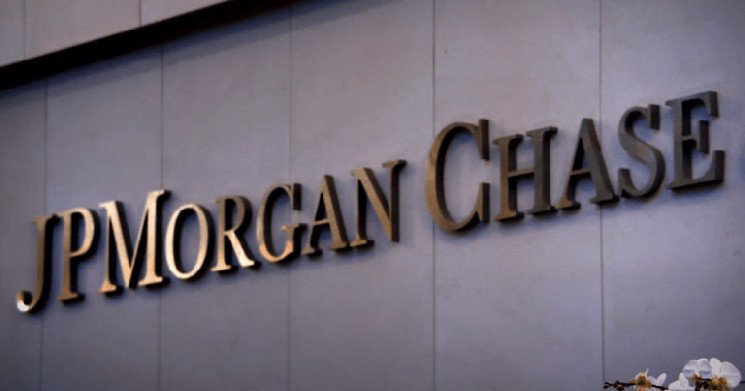JPMorgan Chase CEO Jamie Dimon has issued a major warning about the global economic situation over ongoing geopolitical threats coming from an “evil axis” that shows “that conditions are treacherous and getting worse.”
Dimon’s words came in a press release from the financial git accompanying its third-quarter earnings, which beat analysts’ expectations and saw the bank set aside $1 billion more in reserve to cover growing losses from unpaid loans.
The bank’s CEO wrote, referring to the ongoing war in Ukraine and Israel’s war against Hamas and Hezbollah:
There is significant human suffering, and the outcome of these situations could have far-reaching effects on both short-term economic outcomes and more importantly on the course of history.
He noted that inflation is moving down and the US economy seemingly avoided a recession, although “several critical issues remain,” including “large fiscal deficits, infrastructure needs, restructuring of trade and remilitarization of the world.”
Dimon, according to CNN, has been warning about geopolitical instability for over an year and repeatedly called it the largest threat to global economy. He has said, at the Financial Markets Quality Conference in Washington last month, that “Iran, North Korea and Russia, I think you can legitimately call them (an) evil axis.”
The company’s CFO Jeremy Barnum, CNN reports, echoed Dimon’s comments on the firm’s earnings call, and cited the strength of consumer spending to suggest these are “solid and consistent with the narrative that the consumer is on solid footing and with a strong labor market.”
The data seems to point to a “no landing scenario,” where the economy avoids and a recession and a strong slowdown. Investors appear to be behind this scenario, with the stock market’s benchmark index, the S&P 500, having seen a stellar performance so far this year in its “biggest gain since 1997” even amid geopolitical tensions and growing concerns of a looming financial crisis.
Notably, a metric favored by the Oracle of Omaha Warren Buffet has hit a new high above its levels in the dot-com bubble and the Global Financial Crisis. The Buffett Indicator, which measures the ratio between a country’s total stock market capitalization and its GDP, is now nearing 200%.
Read the full article here
